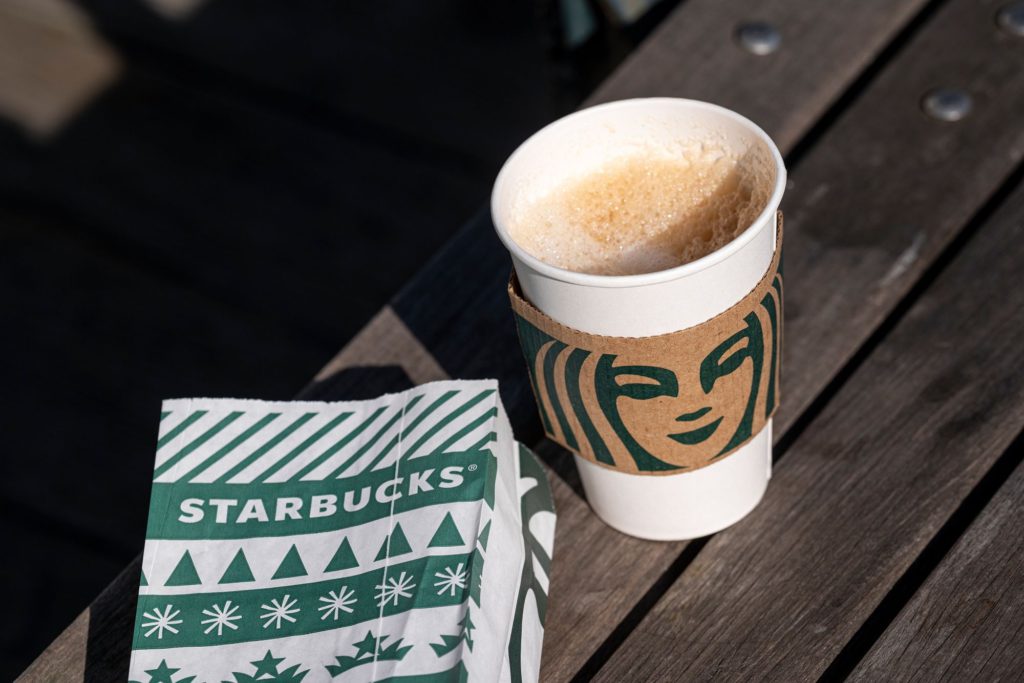US labor board prosecutors have concluded that Starbucks Corp. illegally forced out a New York barista who has been a key architect of the union campaign that swept through hundreds of its cafes this year.
(Bloomberg) — US labor board prosecutors have concluded that Starbucks Corp. illegally forced out a New York barista who has been a key architect of the union campaign that swept through hundreds of its cafes this year.
The union leader, Jaz Brisack, resigned her Starbucks position in September, alleging that the company had pushed her out by changing its scheduling policies and applying them to her in a discriminatory way. After an investigation, the labor board’s Buffalo, New York, regional director determined that Starbucks illegally terminated the barista in retaliation for her activism, agency spokesperson Kayla Blado said Friday. Unless the company settles, the regional director will issue a complaint on behalf of the labor board’s general counsel, Blado said in an email.
Starbucks denied wrongdoing. “The facts do not support these claims, and we are confident this will be dismissed when the full legal process has run its course,” spokesperson Rachel Wall said in an emailed statement. The company has said repeatedly that it adheres to labor laws and that all claims of anti-union activity are “categorically false.”
Brisack, a Rhodes Scholar who got hired at a Buffalo Starbucks in hopes of unionizing it, has been a prominent face of the labor campaign, which notched a landmark victory at her store in December 2021 and has since won elections at around 270 more across the US. Brisack has been employed as the organizing director for Workers United’s upstate New York region since October 2020, a couple of months before she went to work at Starbucks.
NLRB regional directors around the country have issued dozens of pending complaints accusing Starbucks of breaking the law in its efforts to defeat the union, including by threatening workers and retaliating against activists. Such complaints are considered by agency judges, whose rulings can be appealed to the NLRB members in Washington, and then to federal court, a process that can drag on for years.
Read more: Starbucks’s firing of activist over pin deemed illegal
The labor board has the authority to order companies to reinstate terminated workers and provide back pay, but generally can’t hold executives personally liable for alleged wrongdoing or issue any punitive damages. Agency judges this fall ordered Starbucks to reinstate fired activists in Michigan and Kansas, and a federal judge in August ordered the reinstatement of seven union supporters at a Memphis, Tennessee, store.
The pace of Starbucks unionization victories has slowed significantly since earlier this year, and none of the unionized stores has gotten close to reaching a collective bargaining agreement with the company. In an interview, Brisack said retaliation against activists has “stopped countless stores from organizing that otherwise would have,” and that winning reinstatement for those fired or forced out of the company would reassure employees that it’s safe to get involved.
Brisack said legal complaints alone won’t be enough to change the company’s behavior. “It’s going to take a lot more public pressure on Starbucks to get them to fundamentally change their strategy,” she said.
More stories like this are available on bloomberg.com
©2022 Bloomberg L.P.










